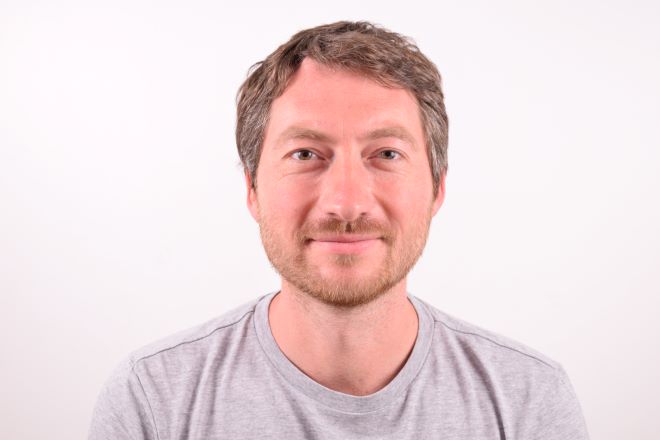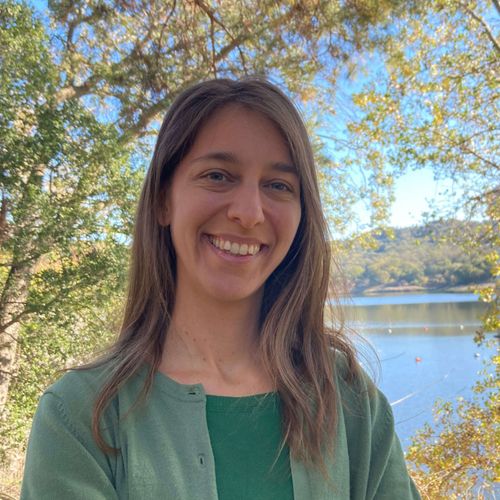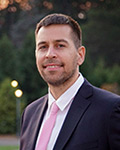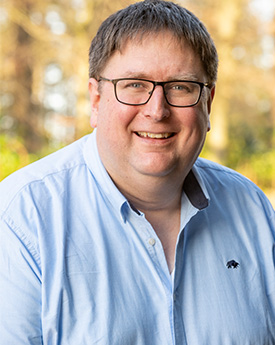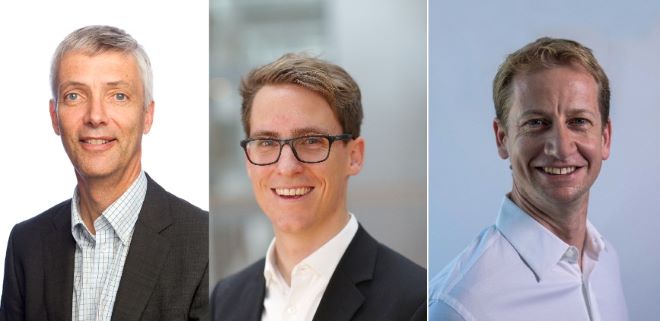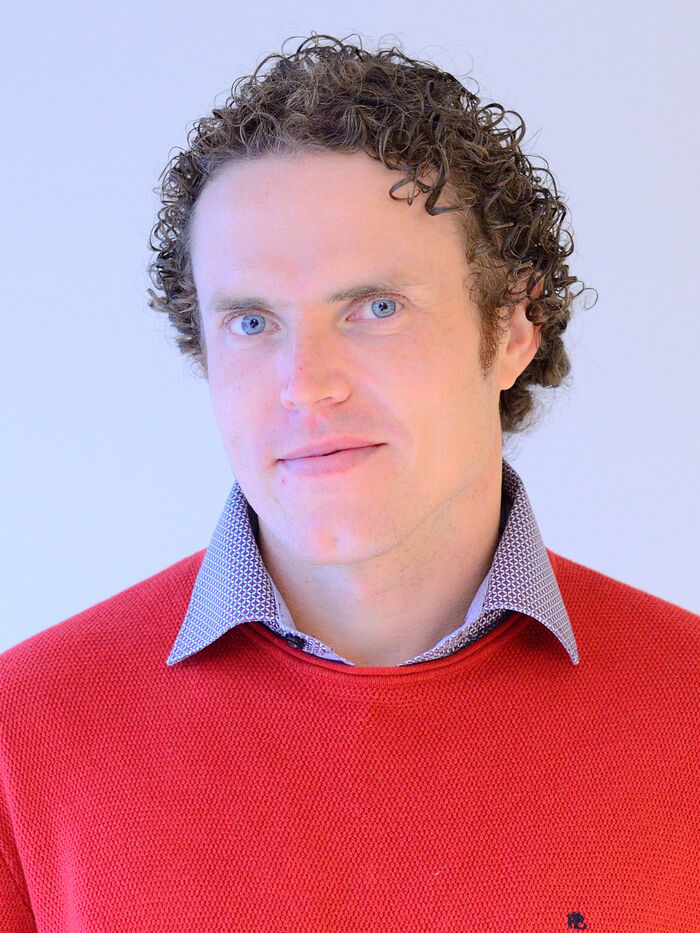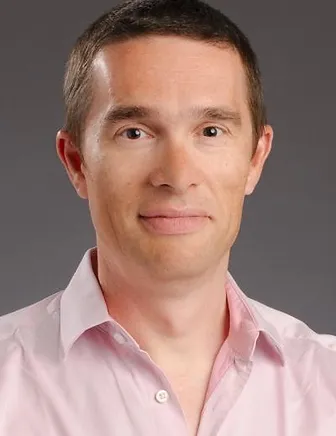Tidligere arrangementer - Side 40
Online changepoint detection algorithms based on likelihood-ratio tests have excellent statistical properties. However, a simple exact online implementation is computationally infeasible as, at time T, it involves considering O(T) possible locations for the change. To improve on this, we use functional pruning ideas to reduce the set of changepoint locations that need to be stored at time T to approximately log T. Furthermore, we show how we need only maximise the likelihood-ratio test statistic over a small subset of these possible locations. Empirical results show that the resulting exact online algorithm, which can detect changes under a wide range of models, has a constant-per-iteration cost on average. We consider applications of this algorithm in the context of detecting increases in radiation count that represent astronomical or nuclear events of interest.
The Kolmogorov N-width describes the best possible error one can achieve by elements of an N-dimensional linear space. Its decay has extensively been studied in Approximation Theory and for the solution of Partial Differential Equations (PDEs). Particular interest has occurred within Model Order Reduction (MOR) of parameterized PDEs e.g. by the Reduced Basis Method (RBM). While it is known that the N-width decays exponentially fast (and thus admits efficient MOR) for certain problems, there are examples of the linear transport and the wave equation, where the decay rate deteriorates to N-1/2. On the other hand, it is widely accepted that a smooth parameter dependence admits a fast decay of the N-width. However, a detailed analysis of the influence of properties of the data (such as regularity or slope) on the rate of the N-width seems to lack. In this work, we use techniques from Fourier Analysis to derive exact representations of the N-width in terms of initial and boundary conditions of the linear transport equation modeled by some function g for half-wave symmetric data. For arbitrary functions g, we derive bounds and prove that these bounds are sharp. In particular, we prove that the N-width decays as cr N(-r-1/2) for functions in the Sobolev space, g ∈ Hr. Our theoretical investigations are complemented by numerical experiments which confirm the sharpness of our bounds and give additional quantitative insigh.
?rets Abelprisvinner Luis Caffarelli og tre spesielt inviterte matematikere holder forelesninger som er ?pne for alle.
Invited speaker Professor Jussi Taipale will present at the NCMM Tuesday Seminar on the topic “Towards predicting gene expression from sequence”.
Department seminar. Johannes Haushofer is a Professor of Economics at the Department of Economics, Stockholm University. He will present the paper: "The Comparative Impact of Cash Transfers and Psychotherapy on Psychological and Economic Well-being" (written with Robert Mudida and Jeremy Shapiro).
Department seminar. John Finlay is a postdoc at Columbia Business School. He will present the paper: "Exporters, Credit Constraints, and Misallocation."
Nate Young has made an app that could make the lives of those interested in sound change in Scandinavian a lot easier. Come and see the beta version presented!
In this talk, Stuart Earle Strange, assistant professor of anthropology at Yale-NUS College, Singapore, will explore the contradictions between law, sovereignty, animal agency, and the sacred in Singaporean wildlife conservation.
Department seminar. Hessel Oosterbeek is Professor of Economics at the University of Amsterdam. He will present the paper: "Spillovers of field of study: Siblings, cousins, and neighbors."
Gina Panopoulou, Assistant Professor at Division of Astronomy and Plasma Physics, Chalmers University of Technology, Gothenburg.
Department seminar. Dario Tortarolo is an Assistant Professor of Economics at the University of Nottingham and a Research Associate at the Institute for Fiscal Studies. He will present the paper: "Can VAT Cuts Dampen the Effects of Food Price Inflation?" (written with Youssef Benzarti and Santiago Garriga).
On Thursday the 11th of May at 13:30, we host a double AQUA/CEES seminar! Katerina Guschanski and David Richardson are visiting our department as opponents for the disputation of Oliver Kersten and they were happy to give a talk the day before.
Til minne om Norges fremste astrofysiker og grunnlegger av Institutt for teoretisk astrofysikk, professor Svein Rosseland (1894 – 1985), arrangerer Institutt for teoretisk astrofysikk hvert ?r en Rosselandforelesning.
This talk will introduce a recent suite of research focussed on the statistical detection of anomalous structure in online data settings. The challenge of efficiently identifying anomalies in data sequences is an important statistical problem that now arises in many applications. Whilst there has been substantial work aimed at making statistical analyses robust to outliers, or point anomalies, there has been much less work on detecting anomalous segments, or collective anomalies, particularly in those settings where point anomalies might also occur. This is the challenge we seek to address, demonstrating theoretical results in both the offline and online settings as well as introducing some applied case studies.
Erlend Myklebust (University of Oslo)
Professor & PI of Learning, Elvira Brattico, from Aarhus University and University of Bari Aldo Moro, will speak at RITMO's Seminar Series
Department seminar. The title of the seminar: "Wage formation, wage leadership and inflation in Norway." Professor Steinar Holden, Assistant Professor Martin Blomhoff Holm and Professor Marcus Hagedorn, University of Oslo, will each give a presentation on this current topic. The presentations will be followed by an open discussion.
?ystein H?vard F?rder, Ph.D. student at Rosseland Centre for Solar Physics, University of Oslo.
In this final seminar, Tommas M?l?y will present the draft of his PhD thesis, which traces the sequencing of the cod’s genome and the virtual lab-space in which genomes are digitally reconstructed and analyzed.
In the fourth and last Welcome to the Anthropocene lecture, Dr. Stephanie Roe, a WWF’s Global Climate & Energy Lead Scientist, will discuss the technical, economic, political, and social approaches for mitigating climate change and other key challenges of the Anthropocene.
Department seminar. John Van Reenen is Ronald Coase School Professor at the London School of Economics and Digital Fellow, Initiative for the Digital Economy at the Massachusetts Institute for Technology (MIT). He will present the paper: "Ray of Hope? China and the Rise of Solar Energy".
Christopher Siwicki (The Norwegian Institute in Rome)
In this talk, professor of philosophy, Alejandra Mancilla, asks who should be the political representatives in a place with no human inhabitants, namely, Antarctica. While the Antarctic Treaty has been celebrated as a successful legal instrument for the protection of the continent, some have criticized its elitist nature and demanded a more democratic system of governance. But, should only humans be part of this arrangement? Why not penguins and maybe icebergs too?
C*-algebra seminar talk by Makoto Yamashita (University of Oslo)
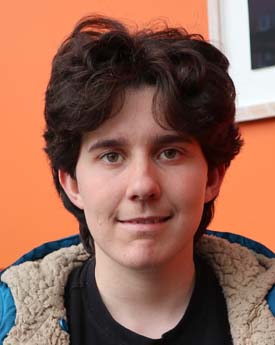
.png?alt=listing)


